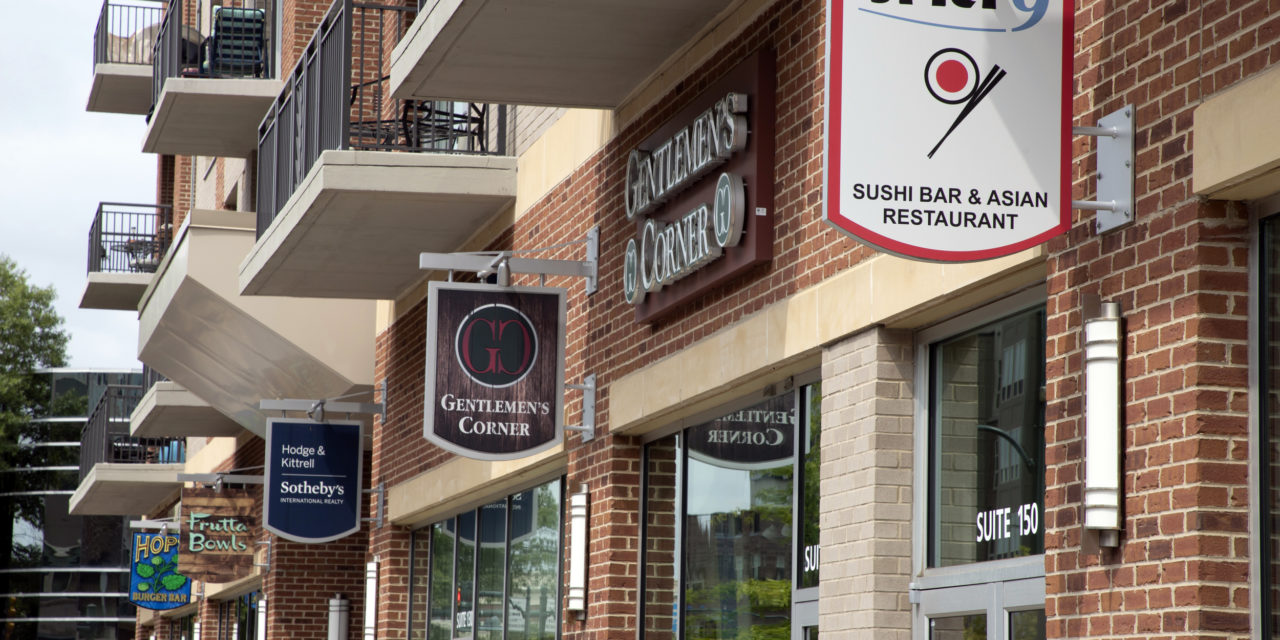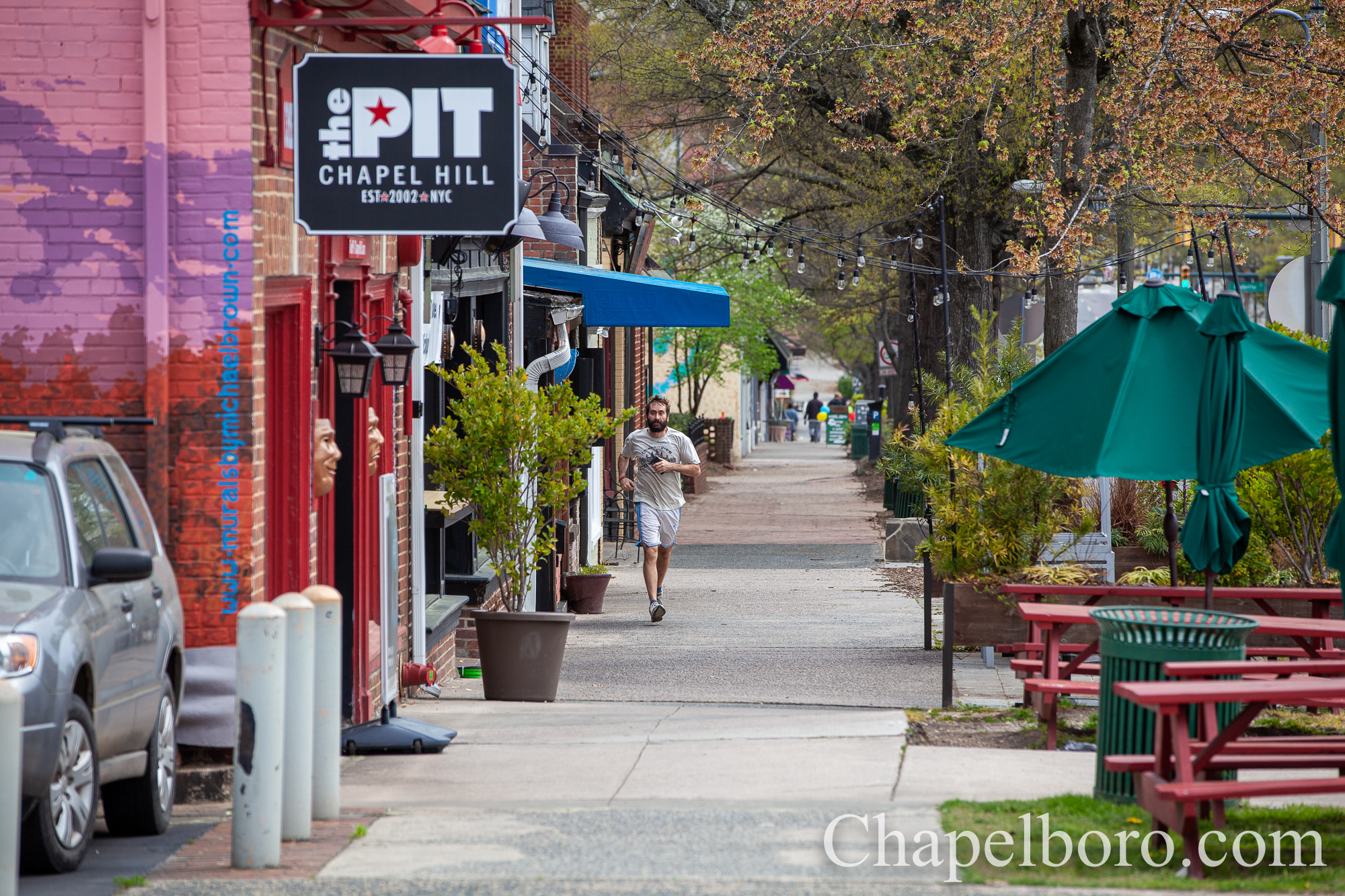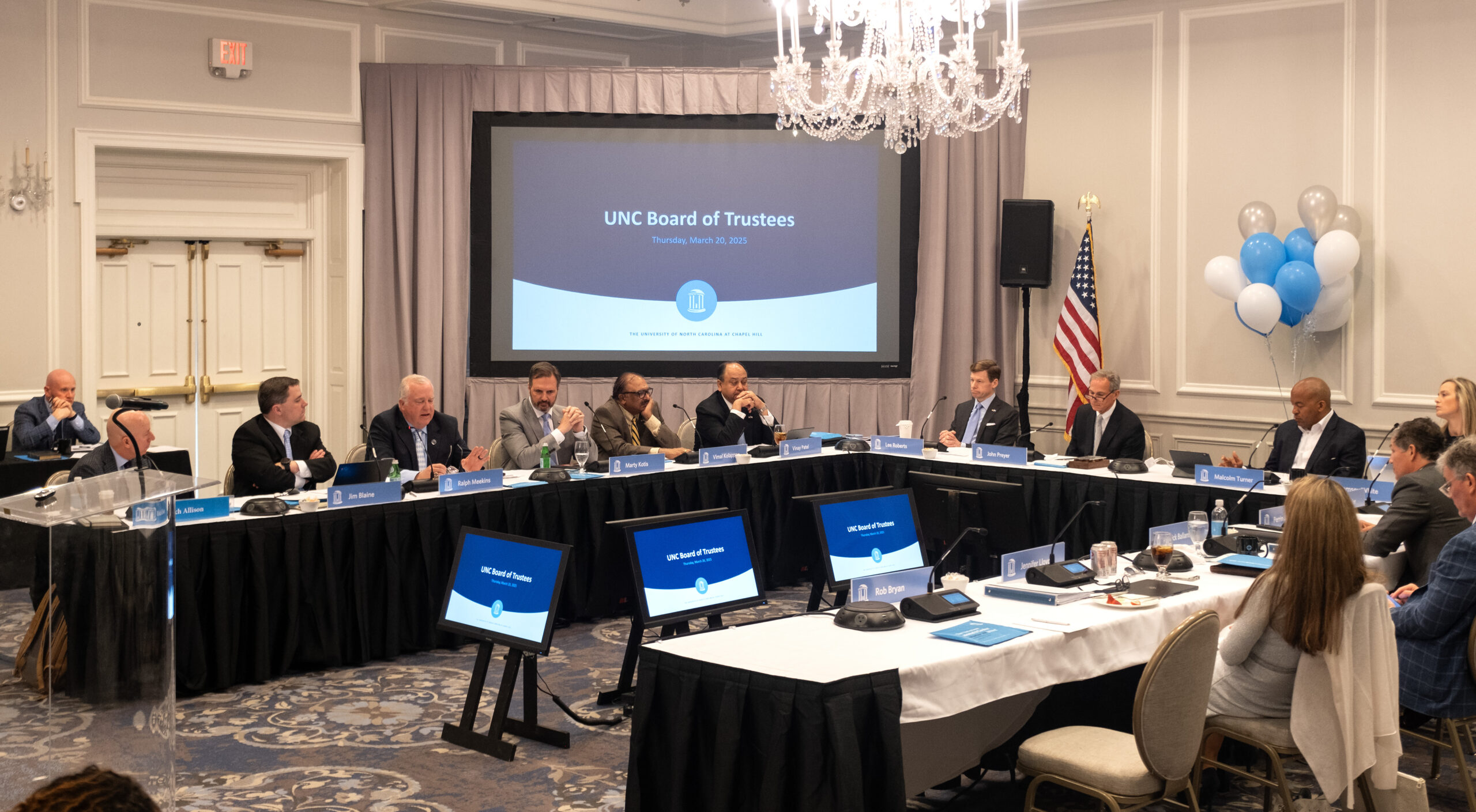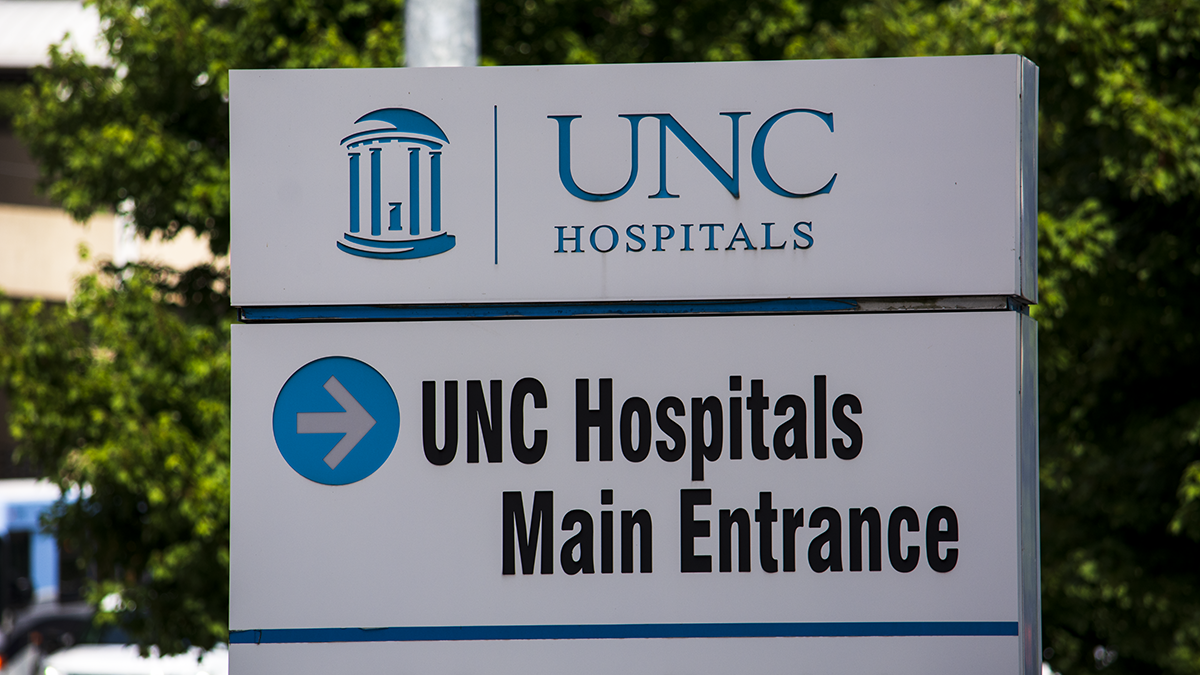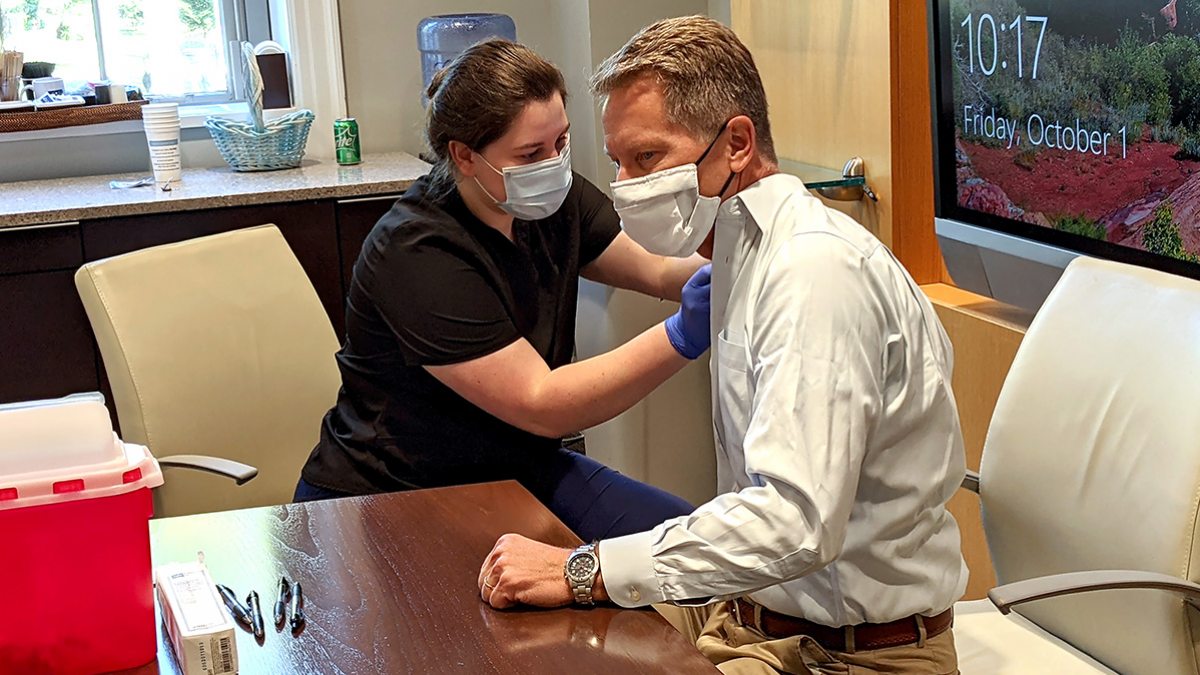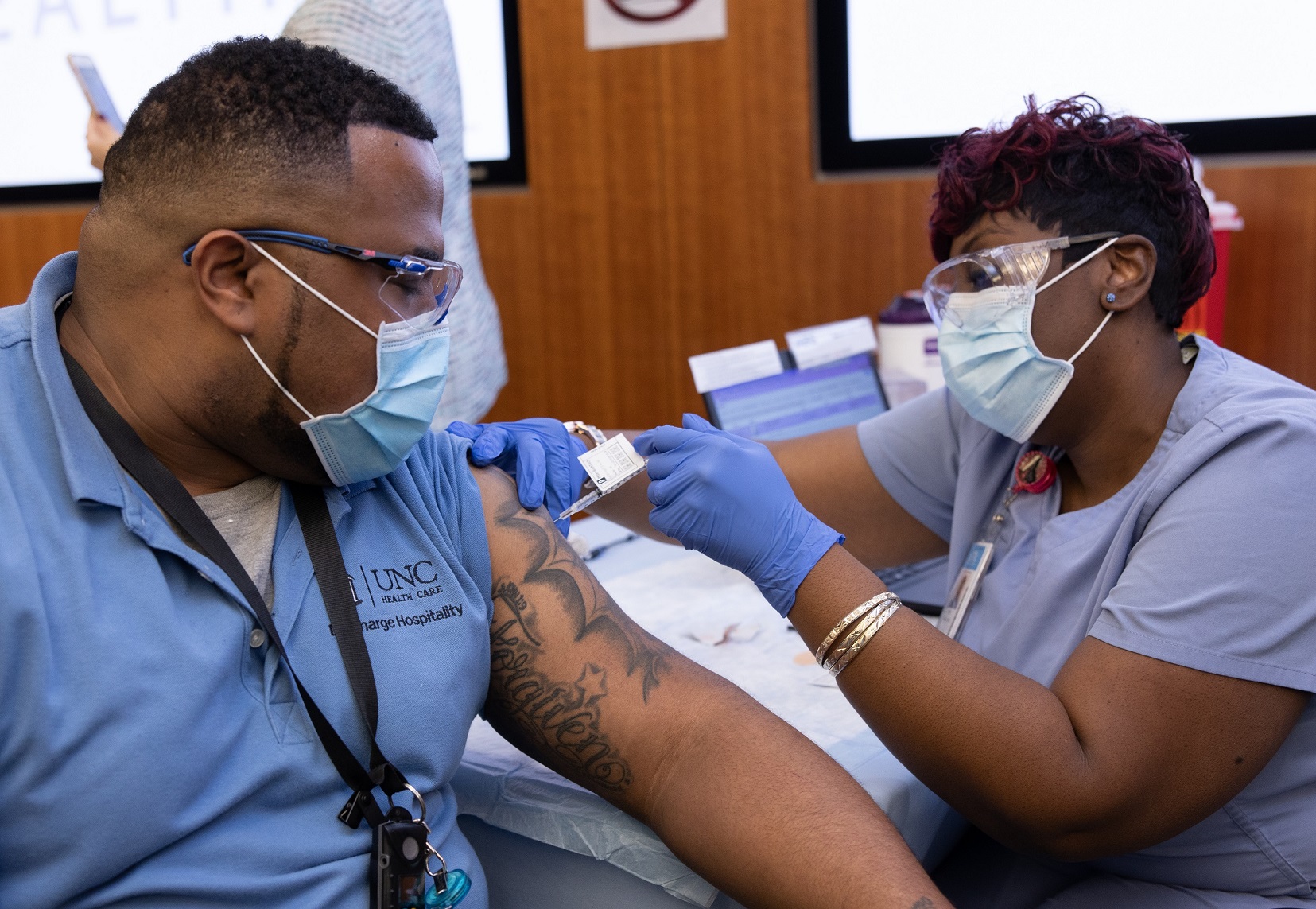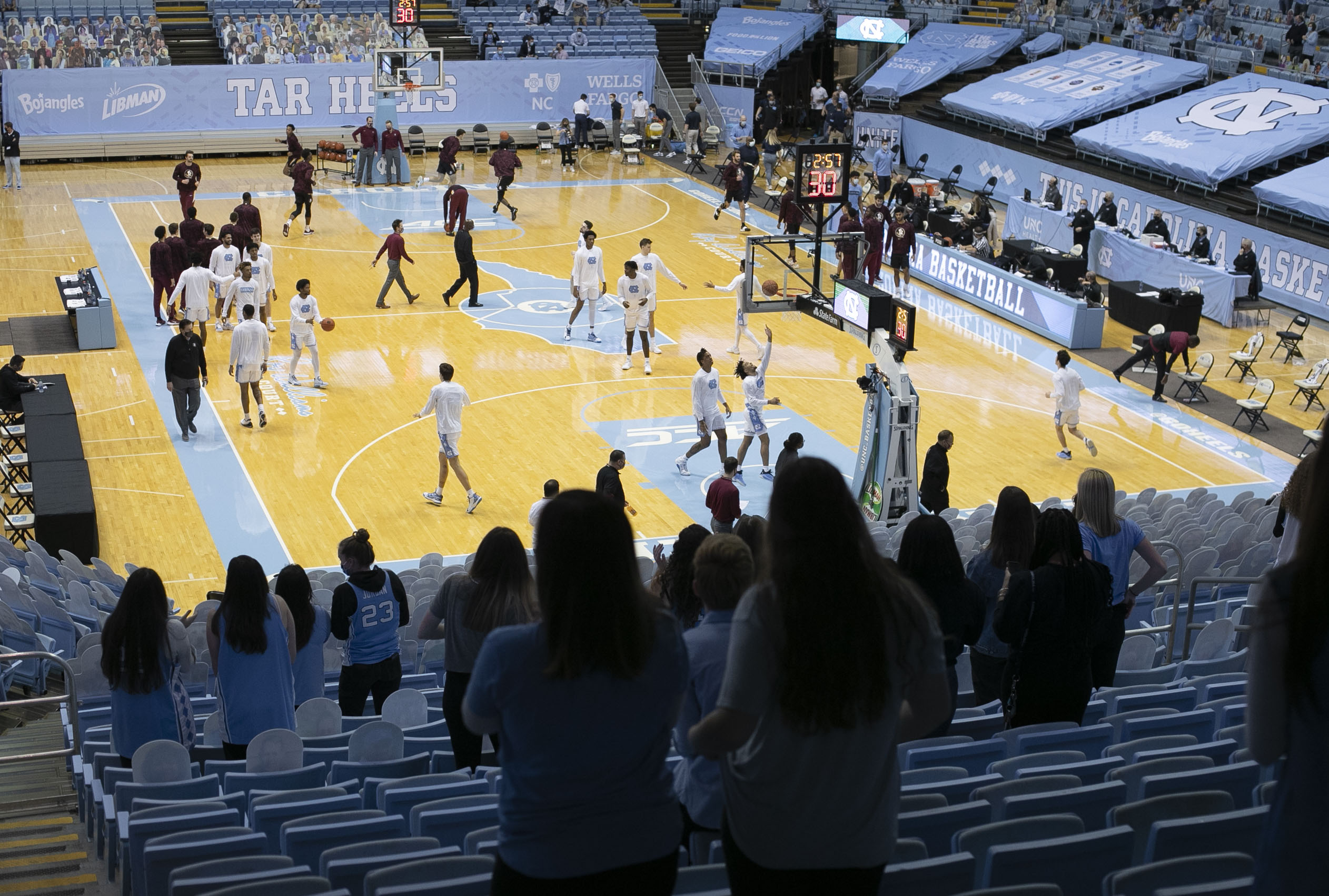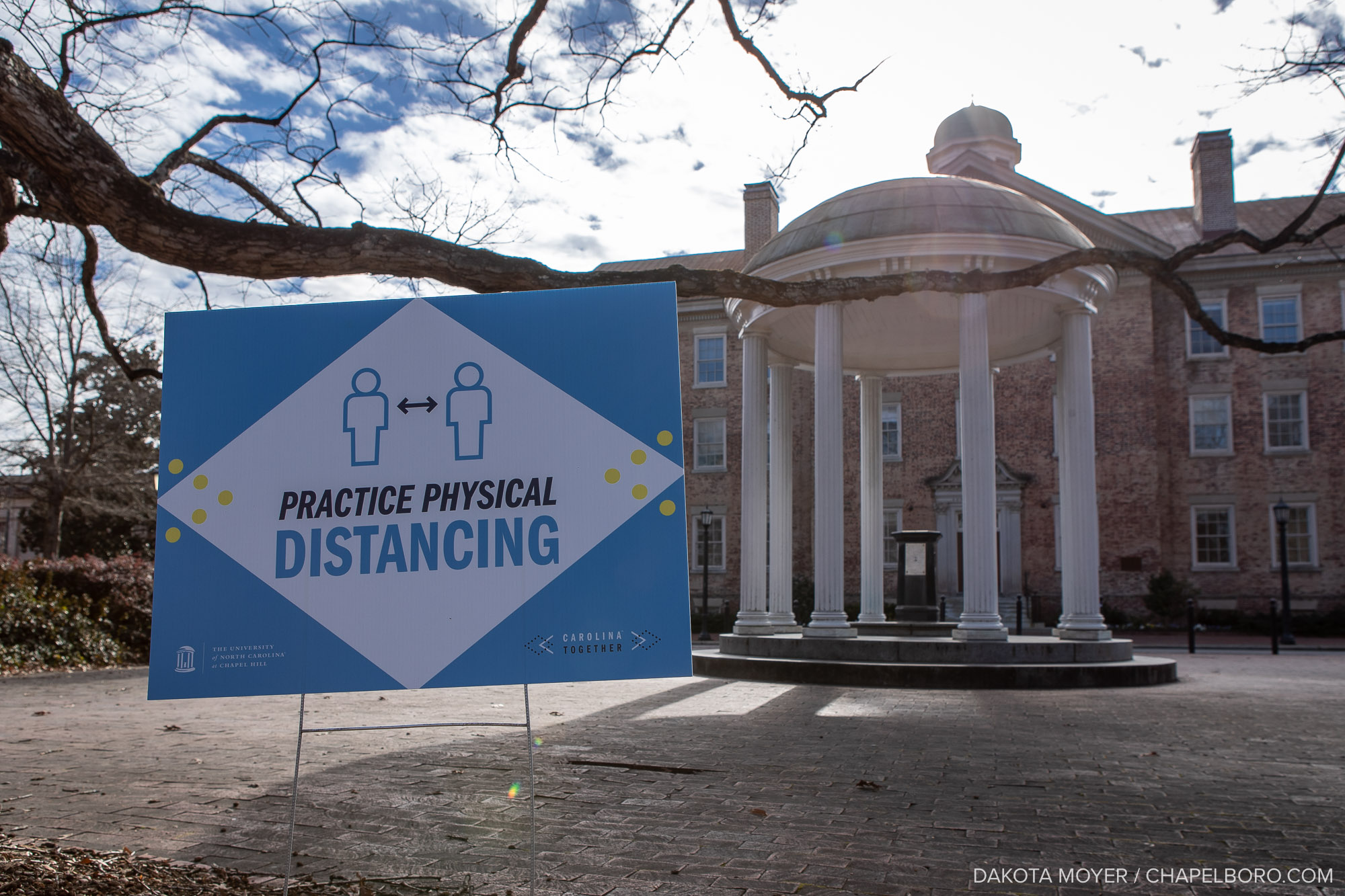UNC’s decision to switch to a remote learning model and move students off campus came after university data showed 130 students tested positive for coronavirus in the first week of classes.
This remote learning model means the Chapel Hill community will say goodbye to many students as dorms close and university buildings are shuttered.
Chapel Hill Mayor Pam Hemminger said UNC made the right decision to go virtual, even if the outcome was disappointing for the campus community.
“We know the students are disappointed,” Hemminger said. “We have a lot of students that have been very compliant and very supportive and working towards community standards. It’s just this virus is insidious. It goes fast and these outbreaks can just take off so it was a very good decision on UNC’s part.”
Hemminger said the town wants people to be compliant so these hotspots will not continue. She hopes the closure of campus and stricter community standards will help with that.
“Even though we say you can have 10 people inside or 25, those really are large numbers too, so we really encourage people to bubble much smaller than that.”
UNC students who live on campus are being asked to cancel their housing contracts in an effort to lower occupancy amid the COVID-19 pandemic. Those who do not qualify for exceptions must have their residence hall contracts canceled by Tuesday, August 25.
While UNC is moving students out of the residence halls and asking them to return home, many students weren’t living on campus to begin with.
To those students, Hemminger asks that they adhere to the community’s safety standards if they plan on staying in the area.
“Students who sign leases are still part of the virtual Carolina experience and they are welcome to stay in our community,” Hemminger said.
Hemminger said, despite virtual classes, the majority of off-campus students are keeping their leases and staying in Chapel Hill because they like community and still want some semblance of the college experience.
“We haven’t heard as much about people trying to get out of leases as we’ve heard about people wanting to stay,” Hemminger said.
Even with many off-campus students choosing to stay in the area, with on-campus students gone, Franklin Street businesses are expected to feel even more financial strain.
To combat this, Hemminger said the town just approved eight more outside dining permits so restaurants can extend their business outside of their indoor seating and onto the sidewalk. This was in part made possible by the town’s expanded sidewalk program – which closed a traffic lane on Franklin Street in late July.
Hemminger said with a heap of students still in the community, and the promise of cooler weather amid Franklin Street expansions, she’s hoping that there will be a much-needed return of business.
“I just heard the national statistic is that 80 percent of the restaurants out there that are privately owned are going to go under,” Hemminger said. “That’s just daunting. It’s really daunting to hear that a large majority of OWASA non-payments are business entities.”
While the town was offering free parking to help incentivize patrons visiting Franklin Street businesses, Hemminger said free parking isn’t exactly sustainable for the town – as local businesses aren’t the only ones facing financial hardship.
“The town is suffering too from resource and income flow,” Hemminger said. “Until we have numbers from how we finished the fiscal year, we really just don’t even know where we are on a lot of these tight funds – like parking – so look for more information to come.”
Photo via the Town of Chapel Hill.
Chapelboro.com does not charge subscription fees. You can support local journalism and our mission to serve the community. Contribute today – every single dollar matters.

